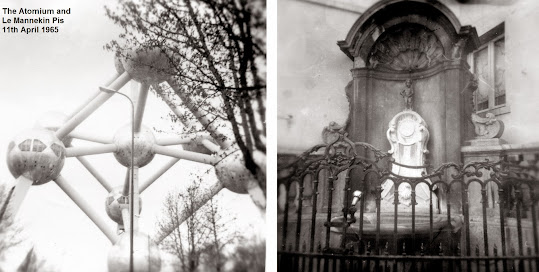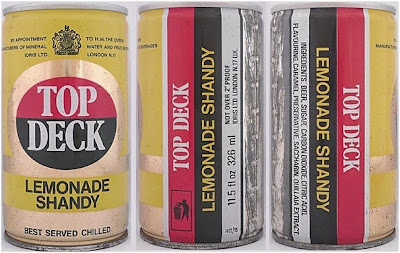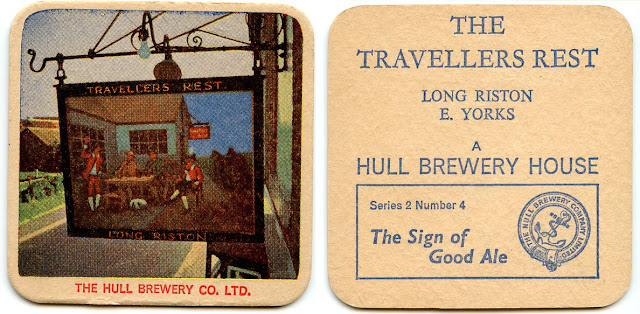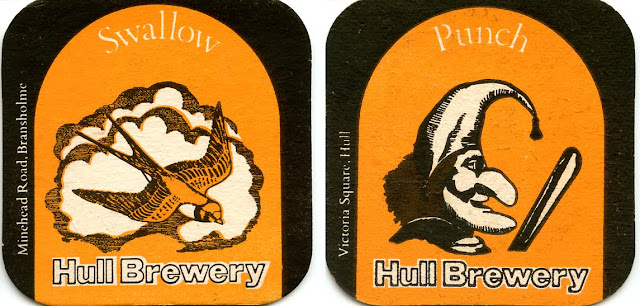(New month old post: first posted 13th January 2015)
Hugo, my foreign language exchange partner, thought himself the Belgian equivalent of Dick Rivers “the French Elvis Presley”. He dressed like Dick Rivers, sang like Dick Rivers and combed his hair like Dick Rivers. And like his role model, he was fascinated by popular American culture.
I think that was the main reason he wanted to visit England – he thought it was like America. English fashion and music were taking over the world. ‘Swinging’ London was also the fictional home of Hugo’s other hero, ‘The Saint’, alias “the famous Simon Templar”, played by the young and debonair Roger Moore, recently syndicated with subtitles on Belgian television. He looked so good I could almost have fancied him myself.
The foreign language exchange scheme, ‘La Jeunesse Belge à l'Étranger’ (Belgian Youth Abroad), made England easily accessible. It paired Belgian and English teenagers to stay with each other and their families.
And so, one sunny July afternoon in the mid nineteen-sixties, Hugo, and around thirty other excited Belgian teenagers, travelled north on a train to Yorkshire. As they rattled over the river and canal bridges, those that had been in previous years knew they had reached their destination.
Meanwhile, waiting expectantly on the station platform, their exchange partners squinted into the glare to catch a first glimpse of the approaching train. The clatter and thump of railway gates locking against their stops, and the clunk of railway signals bouncing into the clear position, announced its imminent arrival. I was oddly distracted by the image of Wendy Godley standing quietly at the end of the platform with the sun shining straight through her thin summer dress.
How on earth would we match Hugo’s expectations? It wasn’t Elvis Presley or Roger Moore that had recently performed in our town, it was Wilfred Pickles and his quiz and interview show ‘Have A Go!’, broadcast on the Light Programme, the most old-fashioned and parochially working-class show on the wireless. Its mainly elderly audience always joined in to sing the opening theme song:
Have a go, Joe, come on and have a go, You can’t lose owt, it costs you nowt, To make yourself some dough. So hurry up and join us, don’t be shy and don't be slow. Come on Joe, have a go!Hugo would surely be bored out of his mind.
The train drew up in a hiss of hot steam, a whiff of coal smoke and the turmoil of slamming doors, waving, cheek-kissing and excited foreign accents. I found Hugo and helped carry his luggage to our house.
I need not have worried. A big difference between our own trip abroad and Hugo’s to England was that whereas we had stayed mainly with families dispersed across French-speaking Belgium, the Belgians stayed close together in our small Yorkshire town. At the same time we were hosts to a similar number of German exchange students. So we had thirty Belgian teenagers and thirty German teenagers, many for the first time away from their parents, all in effect on holiday together with their sixty English hosts. There would be no difficulty in finding things for them to do; they would create their own entertainment. Indeed, Hugo had already been hard at work creating distractions of his own.
“Zehre was zees gehrl on zee trhrain,” he said, “Marie-Christine. Vehry byutifurl. She stay ‘ere en England too. She stay weedz an Engleesh gehrl called Wendee. You know whehre she leev?”
That disclosed Hugo’s main preoccupation for the next two and a half weeks. Whereas my activities in Belgium had depended almost entirely on Hugo and his family, Hugo quickly started to organize things for himself. As a handsome, energetic combination of Dick Rivers and the famous Simon Templar, he was irresistible to Belgian, German and English girls alike, and all their friends and sisters too. He worked through them one by one, sometimes in twos and threes, greatly assisted by my dad’s ancient bicycle which he had commandeered to give himself a level of independence that often left me to my own devices. Hugo was entirely different to how he had been at home in Belgium: “un garçon sérieux,” his parents had said.
Most afternoons, groups of Belgian, German and English teenagers congregated in the park, played tennis or football, and wandered around visiting each others’ houses or drinking Coca Cola in coffee bars. Most evenings there were lively parties, some still remembered for entirely the wrong reasons. I got to participate too. Such an intensity of social activity was completely new to me. I had to learn quickly.
One afternoon, Hugo having gone off somewhere with Wendy Godley and Marie-Christine, I found myself on my own at the park with Wendy’s sister, Sandra, who was also ‘vehry byutifurl’. Whereas Wendy had always completely ignore me, Sandra was the opposite. She kept asking me things that seemed to mean more than just the words she used. With reference to the pictures (cinema): did I think it cosy at the Carlton? Would I like a ‘Wonderful Life’? Had I thought about ‘A Hard Day’s Night’? Would I enjoy ‘Sex and the Single Girl’? She was forever touching me, walking near enough to brush hands, and sitting so our knees came into contact.
That day in the park, I was sitting on my bicycle with hands on the brakes, and Sandra stood so closely that, oh so casually and accidentally, her tummy pressed firmly against my fingers. She felt warm through the softness of her strikingly red top. Then, with mischievous blue eyes looking straight into mine in a way that was impossible to refuse, she asked whether she could have a ride, pausing excessively before adding “on your bike, I mean.” I got off, she got on, wobbled a bit because it was too big for her, and then rode off towards the park exit, her ample bottom astride my saddle. I followed on foot, but she had disappeared. To be truthful, I was rather annoyed. If I wanted my bike back, I had to go get it.
I walked the half-mile to the Godleys’ house wondering what to say. The front door opened and Sandra waved me inside. She was alone in the house and had changed out of her red top into what looked like a flimsy nightdress. I wasn’t sure where I should look. Then, in one of those instants when different choices could have taken my life along a very different course, “I made my excuses and left” as newspaper reporters used to say. “Fled” would be a better word.
I often wondered how things might have turned out otherwise. It would have been good for me at that stage of my life to have had a very special friend, especially someone so funny, lovely and ‘byutifurl’. My coldness must have been hurtful. But we weren’t in ‘swinging’ London. The ‘swinging sixties’ did not reach our part of Yorkshire until the nineteen seventies or eighties. We would have become the subjects of the kind of nudges, winks and whispers that circulated round town for weeks.
There was one other thing too. It sounds terrible now, but Sandra went to the Secondary Modern School. Grammar school boys did not go out with modern school girls. We were turned into arrogant snobs.
I didn’t tell Hugo. Goodness knows what he would have made of it.



















